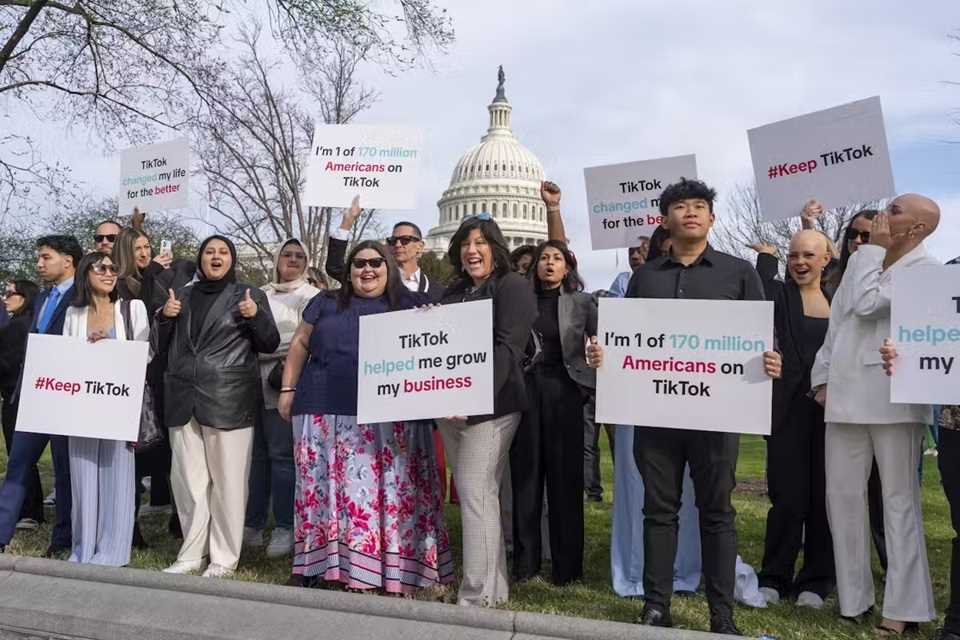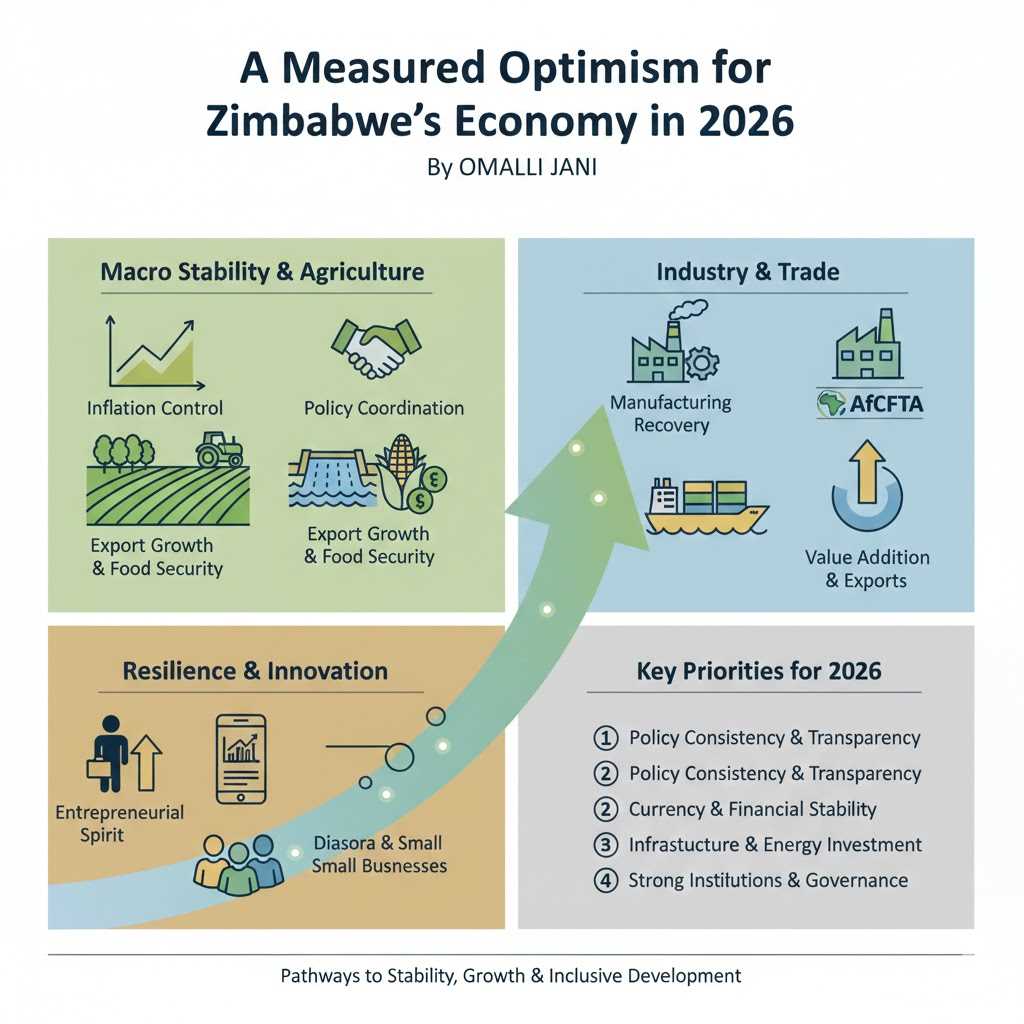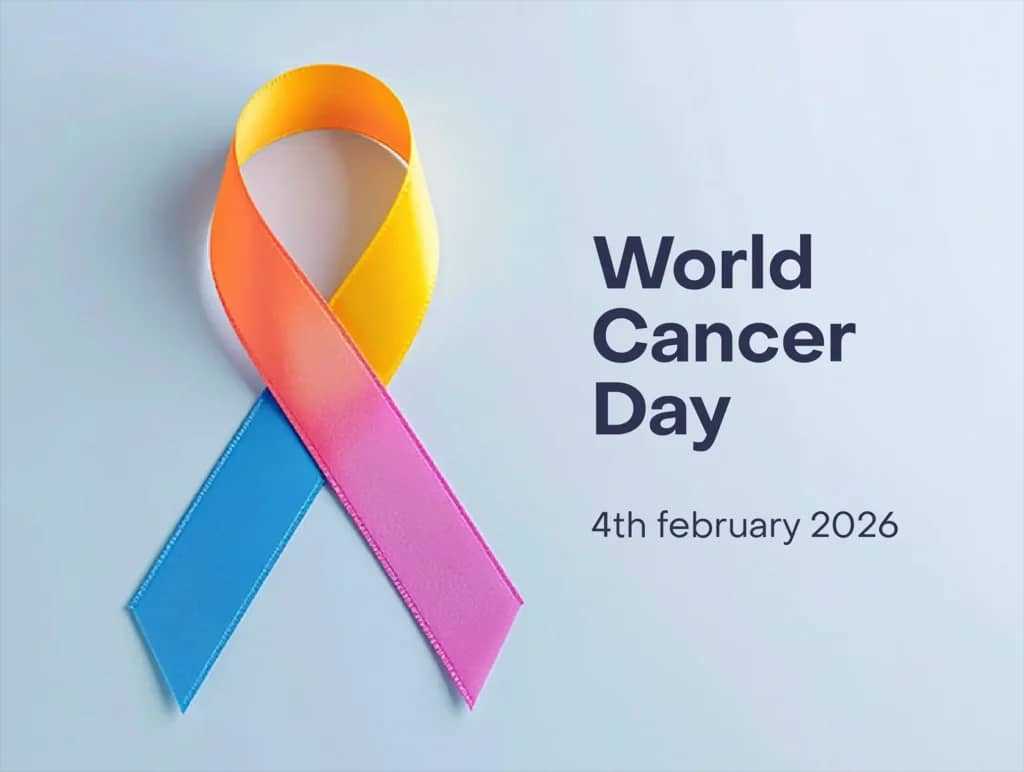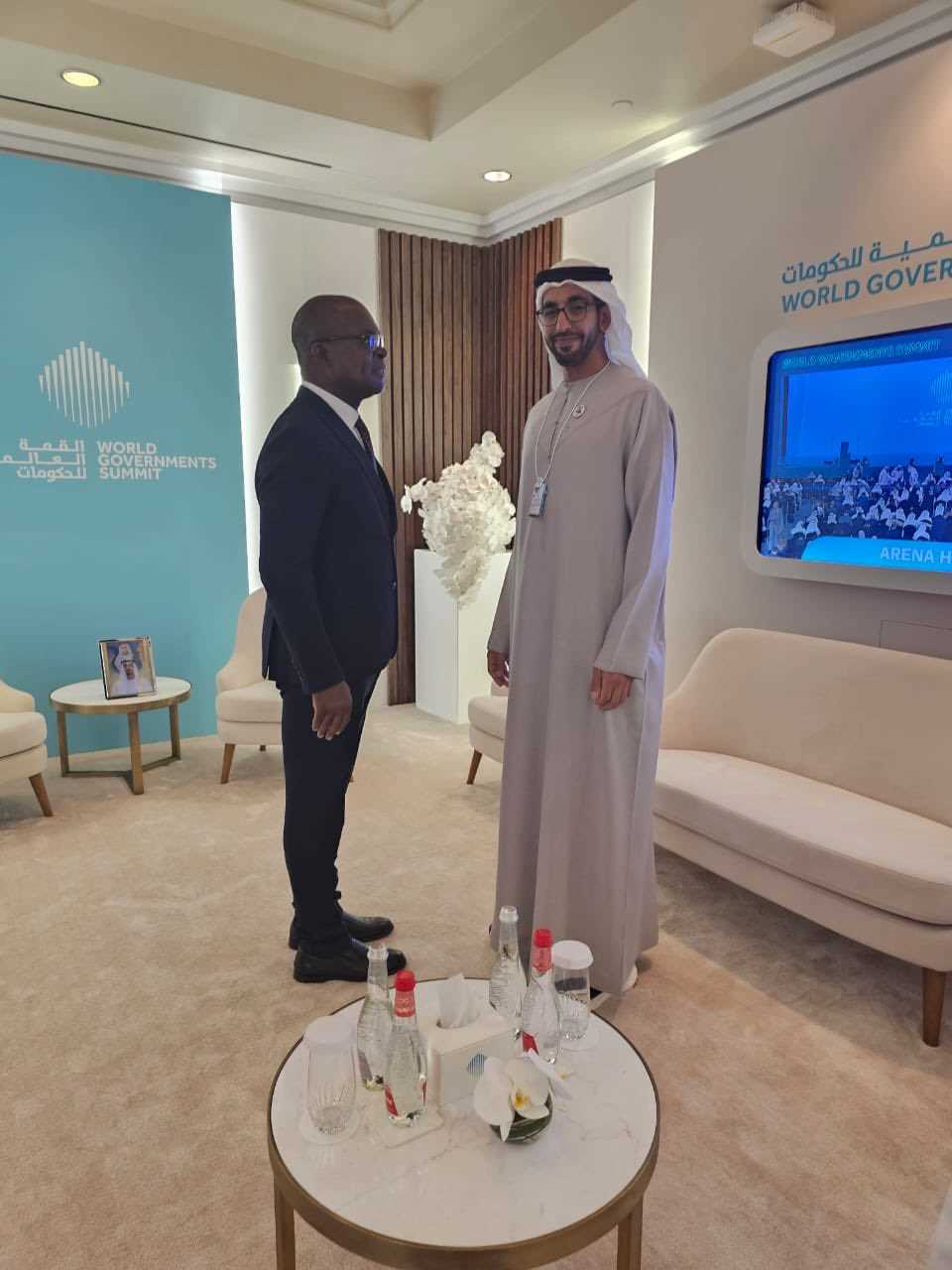
Phil Jambaya
Zim Now Editor
Trump has stayed execution for TikTok, but it seems that the United States’ bull in the china shop approach to international relations has backfired spectacularly.
The unintended consequences of the TikTok ban in the US seem to be harming the US more than China.
The disruption has severely impacted American businesses and individuals, particularly influencers and content creators who rely on the platform for income.
Influencers, many of whom have built entire careers around their TikTok presence, found themselves facing an uncertain future as the app was rendered inaccessible. For many, TikTok was not just a social media platform but a primary income stream through brand partnerships, advertising revenue, and sponsorships.
The sudden halt left them scrambling for alternatives, with some reporting significant losses in revenue as a result. Additionally, small businesses that had leveraged TikTok's expansive reach to promote products or services found themselves abruptly cut off from their audience, leading to financial setbacks and missed opportunities.
In response to the TikTok ban, many American users, especially influencers, have migrated to other platforms like RedNote, a newer app that aims to provide a similar user experience. And the irony? RedNote https://www.xiaohongshu.com is a Chinese app and the Americans migrating to it are fully aware of that.
Language Apps have shown a jump in Americans registering to learn Chinese. RedNote has also responded to the influx of new users by introducing English translation features.
Some celebrity accounts that already have over 300 000 followers include Alan Walker and Selena Gomez.
These users have expressed growing dissatisfaction with the idea of a US-controlled TikTok, viewing it as part of a broader trend towards one-state media control.
Many feel that the US government's decision to block TikTok is not only an infringement on digital freedom but also part of an increasingly repressive environment where media and content are being manipulated or censored to serve political interests.
Related Stories
In simple English, clearly ordinary Americans don’t believe their own government’s rhetoric of some undefined threats from China.
As a result, there's a growing sense of distrust among users who fear the consolidation of power in the hands of a few corporate giants, pushing them to explore alternative platforms that promise more independence and less governmental interference.
And it did not help when Trump then came out soon after his inauguration to say that the mainstream US media has been compromised by government top produce fake news around the Ukraine conflict, deliberately editing out combatant and civilian deaths that are now likely over 1.5 million. Although one has to question Trump’s own figures which claim that Russia has suffered more casualties than Ukraine yet the latter is the main theatre of strikes.
What does it mean for Zimbabweans?
TikTok users who consume and or distribute local content or from other geographic locations are likely to be unaffected. But those with interest in US content may have to also migrate to RedNote.
From a Zimbabwean perspective, the migration of American users to RedNote and similar platforms highlights the global implications of US political decisions and hypocrisy.
Ironically a mirror development in the arena is the EU movement towards cancelling X, which is owned by key Trump ally Elon Musk citing it as a platform promoting fake news and politically twisted narratives.
In the past when the Zimbabwean government has blacked out social media access citing national security threats, the western countries have come out to call such moves autocratic and undemocratic.
So for Zimbabwe, this situation reflects the broader struggle for truth and transparency in media.
In an age where misinformation can spread quickly across social media, the actions of governments and big tech companies in controlling digital platforms can have significant consequences for global access to information.
Zimbabwe, along with many other African nations now faces the challenge of navigating a world where political moves by powerful nations is now targeting essential digital tools.
Zimbabweans, who have used platforms like TikTok to share their voices and challenge dominant narratives, must be aware of how political agendas can impact the flow of information and the opportunities available to them.
The fight for digital independence is not just about access to platforms, but also about ensuring that diverse voices from the global south are not compressed through political manipulation or corporate control into single narratives that feed the western agenda.
As global tensions rise and governments increasingly exert control over digital platforms, it becomes crucial for all Zimbabweans to safeguard their digital sovereignty and continue advocating for a more inclusive, transparent, and independent global digital ecosystem.




















Leave Comments